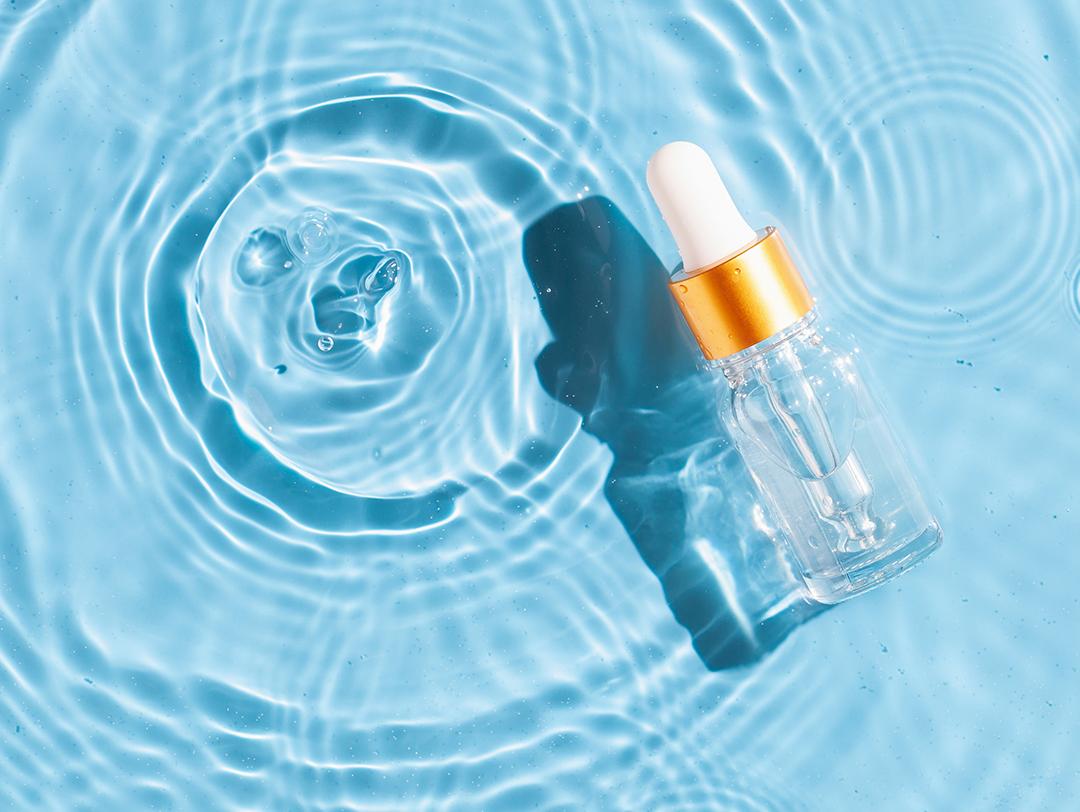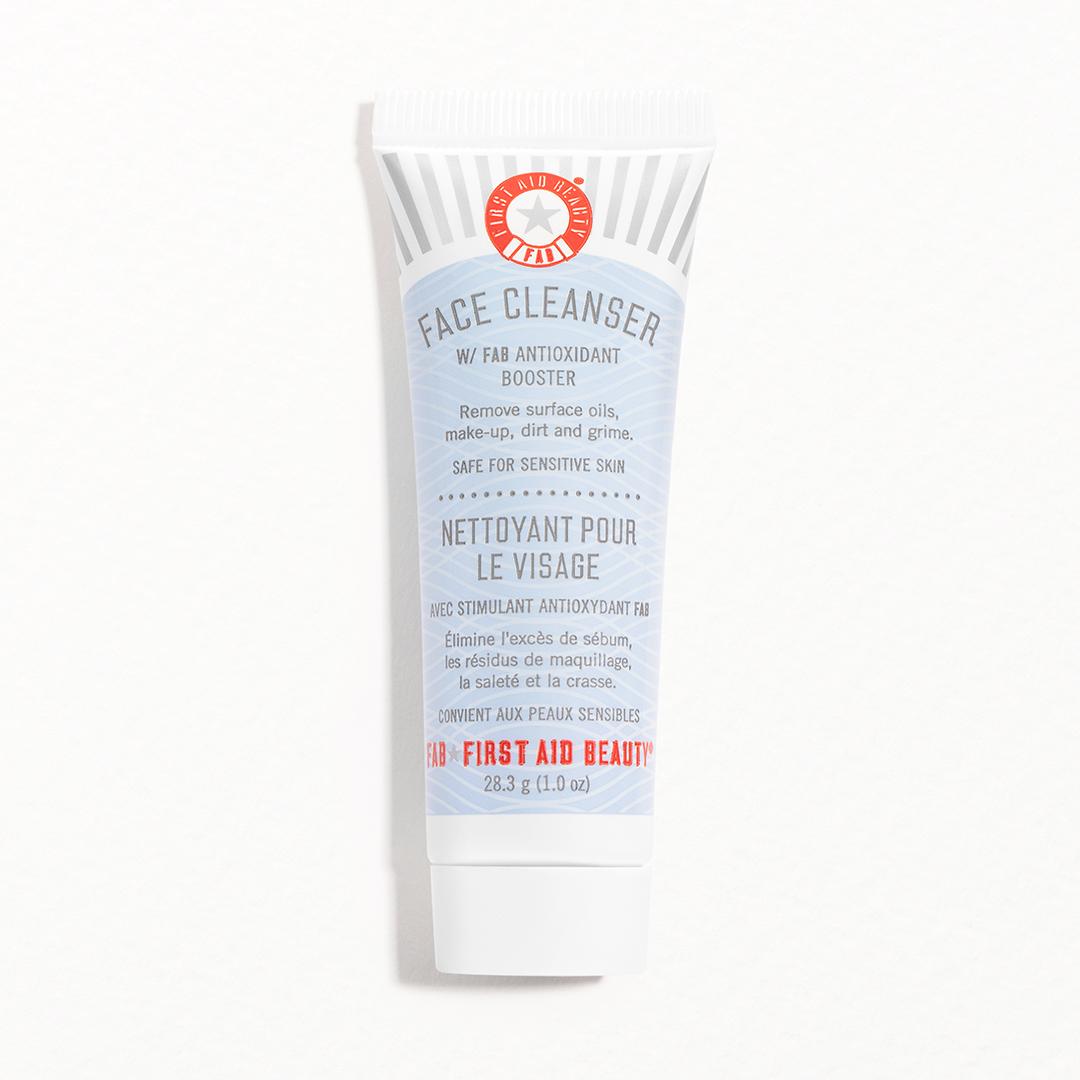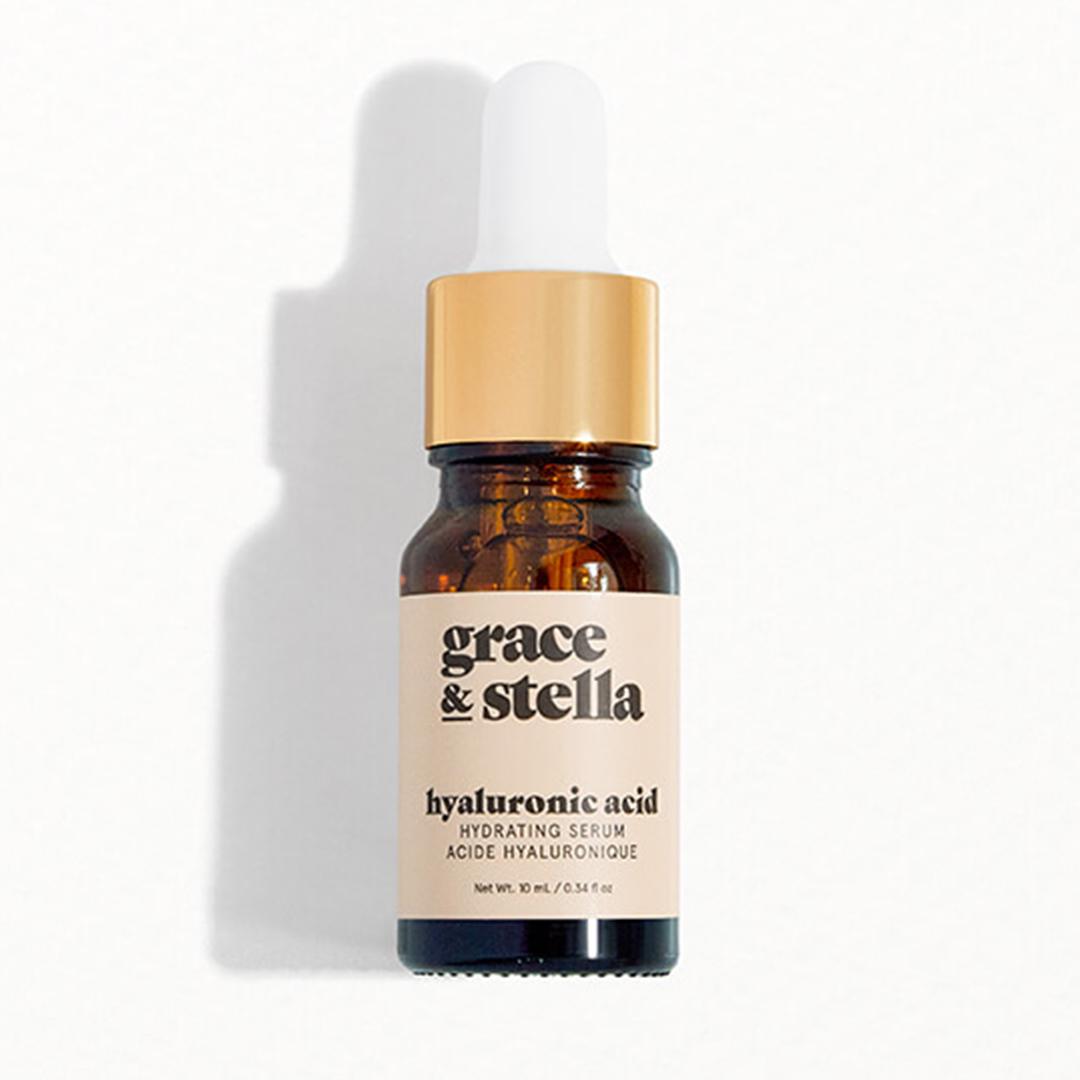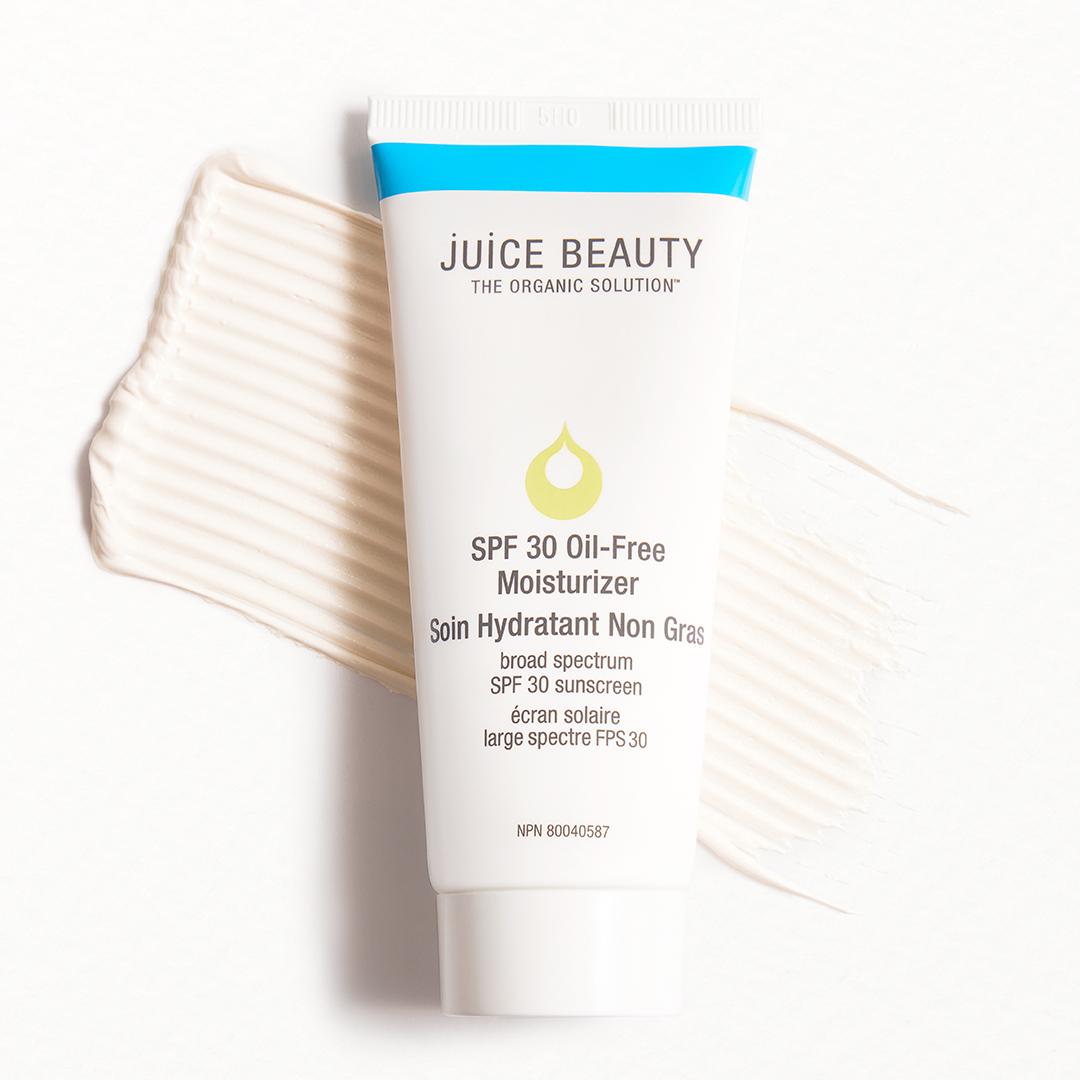Everything to Know About Humectants (One of Our Fave Hydrating Ingredients)



Lindy Segal


Unless you’re new here (“here” being the skincare world), you’ve probably heard of hyaluronic acid. And if you haven’t, you’ve definitely heard of the tried-and-true skin soother that is aloe vera. Both of these ingredients fall into the category of humectants, which are common not only in skincare, but also other personal care products, such as shampoos.
But why exactly are these humectant ingredients beneficial and how can you get the most out of them? We talked to celebrity esthetician Sharlena Hassani to break down how humectants work and how to use them for the best results. Plus, we’re sharing some editor-approved humectant skincare products, too.


It's about glam time you treated yourself.
MEET THE EXPERT
Sharlena Hassani is a celebrity esthetician based in Beverly Hills, California.
So, What Is a Humectant?
Humectants go hand-in-hand with skin hydration. “Humectants are like water magnets,” says Hassani. “They are ingredients that pull water from the atmosphere and/or underlying layers of the skin and draw those molecules toward the surface of the skin to deliver and retain moisture.” Plus, says the esthetician, “They can also help other topical skincare ingredients to perform better.”
You’re likely familiar with many of the most common humectants, too. “There are a bunch of different types, some derived from natural sources, like aloe vera, or [they] can be synthetic, like glycerin,” explains Hassani, who adds that, “One that most people are very familiar with is hyaluronic acid.” Other types of humectants include urea, sorbitol (a type of sugar alcohol), and—believe it or not—lactic acid, which is both an alpha-hydroxy acid and humectant.
What Are the Benefits of Humectants for Skin?
Humectant ingredients are integral to both hydrating and anti-aging skincare products. Here’s why:
They attract moisture. “Humectants draw moisture into the skin and retain that moisture,” says Hassani. “Depending on the molecule, they can hold up to 100–1000 times their weight in moisture.”
They plump up skin, which can help reduce the appearance of wrinkles and fine lines. Retaining those water molecules “not only keeps the skin hydrated but also helps to reduce fine lines and wrinkles by naturally plumping the skin,” according to Hassani. Hyaluronic acid is particularly known for its plumping properties.
They’re soothing. Humectants “also help to soothe and calm the skin by reducing irritation,” explains the esthetician.
Are There Any Side Effects?
There is a catch with these hydrating ingredients. “The only real side effect from using humectants occurs when they are used improperly,” explains Hassani. “Humectants are attracted to water molecules, so they’ll draw moisture from anywhere as long as it's within reach.” What that means is they could grab onto water molecules deep within the deepest layers of the dermis—which can further dry out the skin’s surface—especially in dry or sensitive skin types.
“If you’re in a dry environment, it’s crucial you apply while the skin is still damp, and use a moisturizer to seal everything in,” stresses the skincare pro. “This is always important, but especially if you’re in a dry climate or have incredibly dry skin, or it may exacerbate the dryness.”
How to Use Humectants
Humectants can be used in both your morning and nighttime skincare routines. “You can use humectants once or twice a day,” says Hassani. But as mentioned previously, “Make sure when applying that your face is still damp, because that aids in the skin's absorption of the humectant and is where the humectant draws moisture from to replenish deep into the skin's layers.”
Everything from cleansers to serums to lotions can contain humectants. Because of this, “The order in which to include a humectant into your skincare routine doesn’t matter too much, as long as you finish your routine with a moisturizer that seals everything in,” says Hassani. “If you don’t lock the humectants into the skin, they can evaporate into the air.” To prevent evaporation, look for lipid-based emollients and occlusives, which seal in skin’s water content.
5 Humectant Skincare Products We Love
1. FIRST AID BEAUTY Pure Skin Face Cleanser


Using a cleanser that contains a humectant is a good way to prevent over-drying. This gentle, fragrance-free formula features both aloe and glycerin, so it leaves skin soft, hydrated, and prepped for the rest of your skincare routine.
2. GRACE & STELLA Hyaluronic Acid Serum


Serums are a popular way to incorporate humectants, particularly hyaluronic acid, in greater concentrations. This formula contains sodium hyaluronate, which is a more stable form of HA (and also commonly used). In addition, it has panthenol—a form of vitamin B5—which is also known for its hydrating properties.
3. FEEL BEAUTY 4D Hyaluronic Acid Under Eye Cream


Talk about a humectant powerhouse: This eye cream contains four different molecular weights of hyaluronic acid to penetrate into deeper layers of the skin, as well as aloe vera, glycerin, and moisturizing squalane.
4. JUICE BEAUTY SPF 30 Oil-Free Moisturizer


Those with oily skin often prefer oil-free moisturizers. So how do oil-free formulations work, you ask? One word: humectants. In this case, aloe and sodium hyaluronate provide hydration benefits, along with antioxidant-rich algae. Even better, this formula offers mineral sunscreen protection.
5. KOSAS Kosasport LipFuel Hyaluronic Lip Balm in Rush


Humectants can be found in balms as well, such as this conditioning lip balm from KOSAS. In this formula, hyaluronic acid adds temporary lip plumping and smoothing benefits in addition to hydration.
Want hydrating skincare—and more—delivered each month with the IPSY Glam Bag? Take our Beauty Quiz now to get started. Already an Ipster? Refer your friends to earn points, which you can use toward products. Either way, don’t forget to check us out on Instagram and Twitter @IPSY.
Like this article? Share it with your friends by clicking the icons below!
Liked this post? Share!
Related Stories


Ingredient Index
Why Argan Oil Is the Versatile Ingredient Everyone Needs in Their Beauty Routine
Published on Oct 15, 2025 • 8 min read


Ingredient Index
Every Skincare Ingredient You Should (and Shouldn’t!) Use With Vitamin C
Published on Oct 2, 2025 • 9 min read


Ingredient Index
No, Not All Peptides Are the Same, But All Are Beneficial
Published on Aug 12, 2025 • 4 min read


Ingredient Index
Top Anti-Inflammatory Ingredients to Soothe Irritated Skin
Published on Aug 5, 2025 • 6 min read


Ingredient Index
Iron Oxides Are the Skin-Protecting Ingredients Your Routine Has Been Waiting For
Published on Mar 14, 2022 • 3 min read


Ingredient Index
Galactomyces Is the Latest Skincare Ingredient You’re About to See Everywhere
Published on Jul 10, 2025 • 3 min read


Ingredient Index
Everything to Know About the Gentle Healing Ingredient Bisabolol
Published on Jul 10, 2025 • 6 min read


Ingredient Index
Yes, You Should Be Using Adapalene If You Have Acne
Published on Jul 10, 2025 • 4 min read


Beauty Picked Just for You
Get 5 products worth up to $70
Plus exclusive access to epic deals up to 80% off
Starting at just $14/month. Cancel anytime.